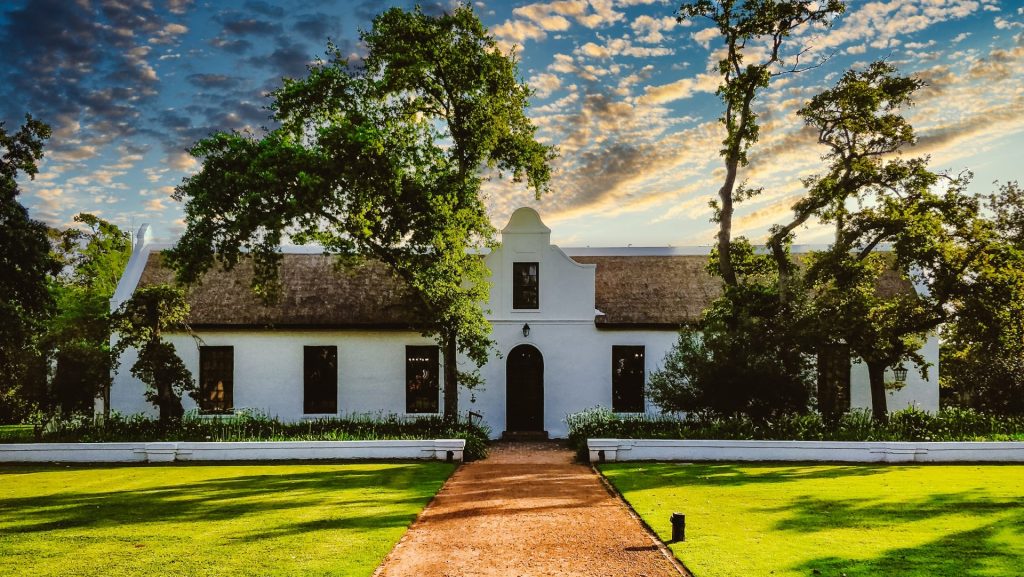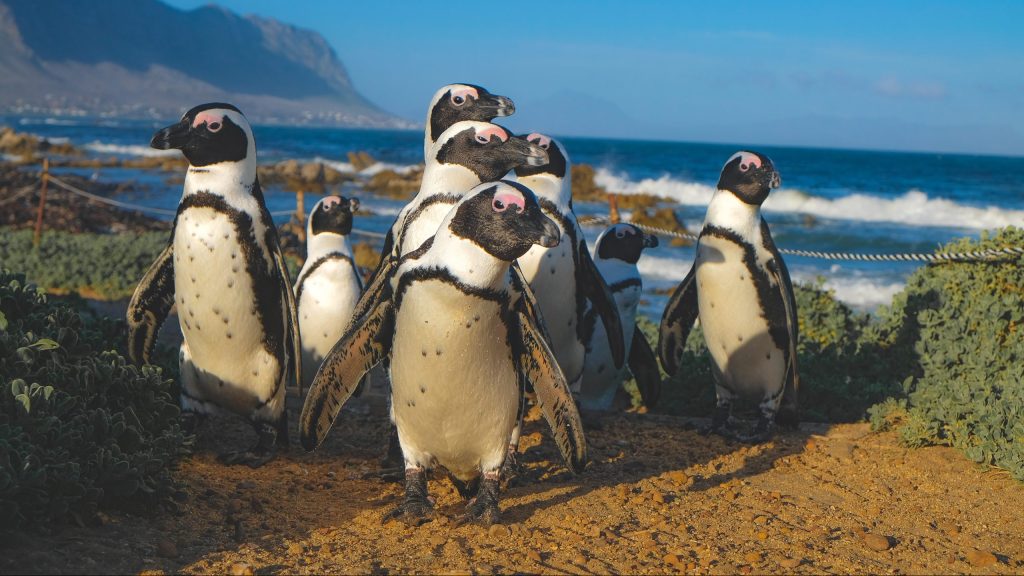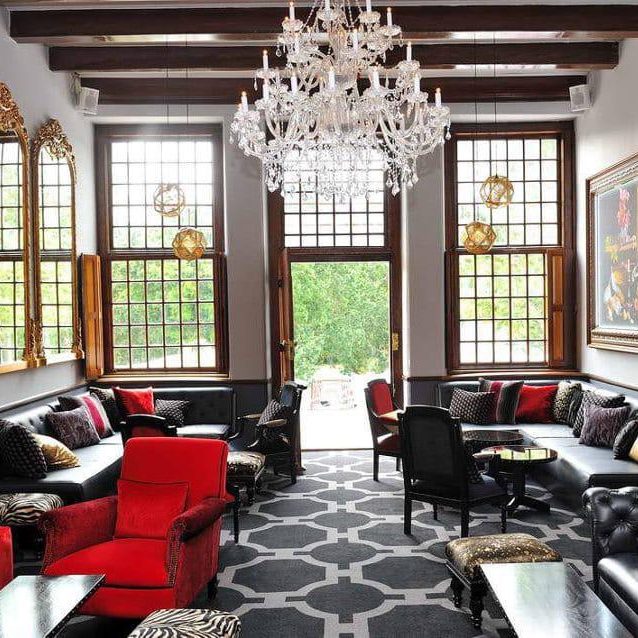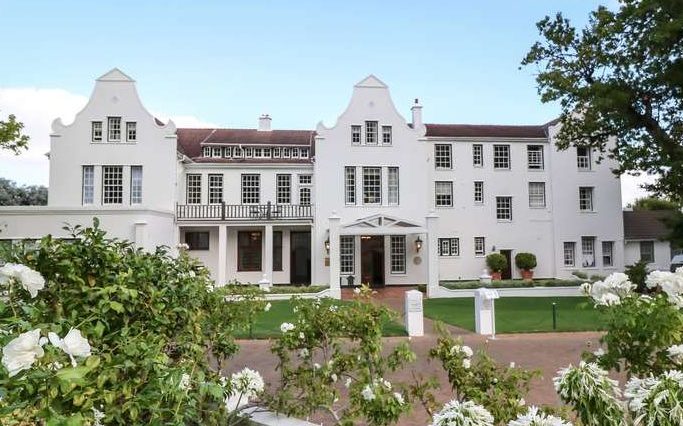
CAPE TOWN.
SOUTH AFRICA
Cape Town, located on the shore of Table Bay, was originally developed by the Dutch East India Company as a supply station for Dutch ships sailing to Eastern Africa, India, and the Far East. Jan van Riebeeck’s arrival on 6 April 1652 established the first permanent European settlement in South Africa.
Cape Town quickly outgrew its original purpose as the first European outpost at the Castle of Good Hope, becoming the economic and cultural hub of the Cape Colony. Until the Witwatersrand Gold Rush and the development of Johannesburg, Cape Town was the largest city in South Africa. Today it is one of the most multicultural cities in the world, reflecting its role as a major destination for immigrants and expatriates to South Africa.
The City itself is worth spending some time visiting. The original “Company Gardens” are now the focal point of the downtown area, and are an appropriately elegant and intimate park including many monuments, museums, and the Houses of Parliament. Countless other museums and galleries record the history and culture of this dynamic city and land. The harbour area, in an award-winning “Waterfront” architectural development, has been reintegrated in to the life of the city, and is now a tourist mecca in its own right.
Table Mountain, the city’s icon, provides the dramatic backdrop to the city, and no visit should exclude the cable car ride to the top, nor many of the sites around it, such as the beautiful National Gardens at Kirstenbosch.
The original settlement expanded around Table Mountain on the eastern slopes of the peninsular mountain range, with the establishment of wine estates in the Constantia area and the subsequent creation of attractive suburbs. On the western, Atlantic Ocean side, secluded coves and dramatic scenery resulted in stunning beach resorts that today are some of the most beautiful in the world (as well as some of the the most expensive). The peninsular running south from Table Mountain merits a multi-day relaxed exploration by any visitor. It includes such sites as exclusive Clifton Beach, bustling Camps Bay, the fishing harbour at Hout Bay, the dramatic Chapman’s Peak drive, the Cape of Good Hope Nature Reserve leading to the Cape of Good Hope and Cape Point, the Naval Base at Simonstown, and the Penguin Colony at Boulders Beach. Throughout, there are glorious beaches, fabulous vista, attractive craft shops, and many excellent restaurants.
Cape Town was home to many leaders of the anti-apartheid movement. On Robben Island, a former penitentiary island 10-kilometres from the city, many famous political prisoners were held for years. In one of the most famous moments marking the end of apartheid, Nelson Mandela made his first public speech in decades on 11 February 1990 from the balcony of Cape Town City Hall hours after being released. His speech heralded the beginning of a new era for the country, and the first democratic election was held four years later, on 27 April 1994. Nobel Square in the Victoria & Alfred Waterfront features statues of South Africa’s four Nobel Peace Prize winners – Albert Luthuli, Desmond Tutu, F. W. de Klerk and Nelson Mandela. Don’t miss a tour to Robben Island.


FEATURED ACCOMMODATION

ALPHEN BOUTIQUE HOTEL
The Alphen Boutique Hotel offers a 5 star spread of elegant riches, swathed in history and splashed with flair & colour. Located 15km’s from Cape Town.

CELLARS HOHENHORT
Created by the legendary hotelier Liz McGrath, “Cellars” is a must for those looking to add a delicious dose of peace and tranquillity to their life.

ELLERMAN HOUSE
Ellerman House was created for the discerning traveler to South Africa, and offers wonderful hospitality, the natural splendor of the setting.

Main Office, 214 Sea Island Dr,
Georgetown, South Carolina, USA, 29440-7260
Prime Number: + 1 843-548-4213
Europe Phone: +33 (0)6 52 49 99 22
Email: susan@commendablerentals.com
To find out more about our tours or to book a Commendable tour.
See our Commendable Destinations